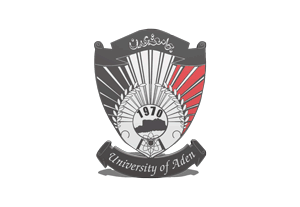CUSTOMER KNOWLEDGE MANAGEMENT IN YEMENI BANKS ACOMPARATIVE STUDY BETWEEN COMMERCIAL AND ISLAMIC BANKS
DOI:
https://doi.org/10.47372/ejua-hs.2022.3.170Keywords:
Customer knowledge management, Yemeni banksAbstract
The study dealt with the identification of customer knowledge management which was represented in (knowledge about customer, knowledge for customer, knowledge to customer, knowledge of customer to customer) through a comparative study between commercial banks and Islamic banks in Yemen. Where the researcher relied on the descriptive analytical approach, and the data was collected through the questionnaire form, through the distribution of (123) questionnaires, and (118) questionnaires were analyzed, including (62) for commercial banks, and (56) for Islamic banks.
The study reached a set of results, the most important of which are: There is no difference in customer knowledge management in general in Yemeni banks according to the type of bank (commercial, Islamic), in addition to the fact that there is no difference in customer knowledge management individually represented in (knowledge about customer, knowledge for customer, knowledge to customer, knowledge of customer to customer) in Yemeni banks according to the type of bank (commercial, Islamic). Then the researcher put forward a set of recommendations, the most important of which are the necessity of adopting and officially adopting the philosophy of customer knowledge management by spreading the culture that is based on the development of employees and customer service, which contributes to improving the status and development of banks, and achieving competitive superiority for them through the support of senior management for this approach.








